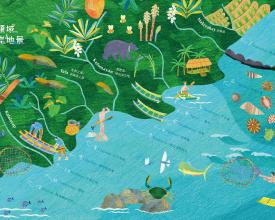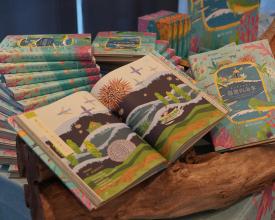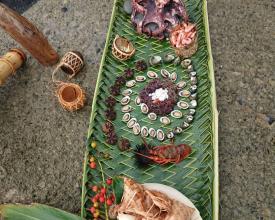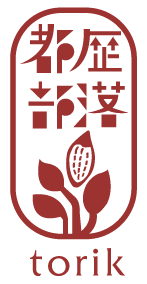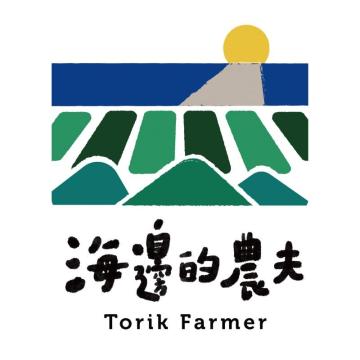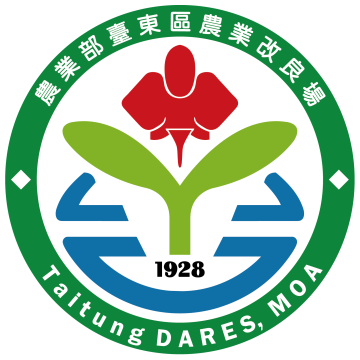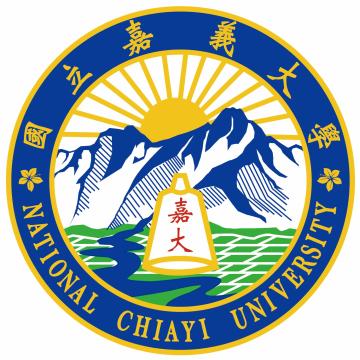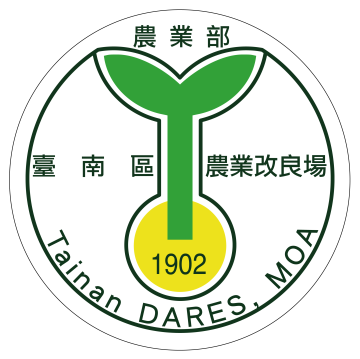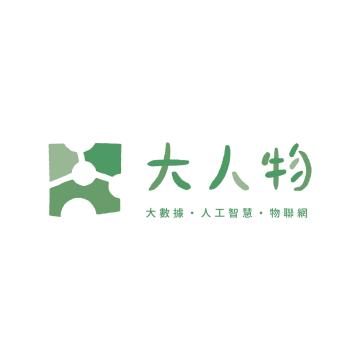
Retrouver le nom de Pacefongan grâce à des ateliers d'évaluation de la production socio-écologique et de la résilience du paysage marin de la tribu Troik dans le comté de Taitung, à Taïwan
L'antenne de Taitung de l'Agence des forêts et de la conservation de la nature (FANCA) a organisé des ateliers communautaires d'évaluation de la résilience (RAW) dans la tribu de Torik. Des résidents locaux de différents groupes d'âge ont participé à ces ateliers. Ensemble, ils ont évalué la résilience socio-écologique de la tribu Torik, identifié ses principaux risques et ressources, dégagé les problèmes locaux les plus urgents et discuté des tâches de gestion prioritaires.
Les résultats des RAWs ont reflété certains problèmes majeurs des Toriks en ce qui concerne la protection des océans, l'économie basée sur les océans et la gouvernance communautaire des ressources océaniques. En plus de la reconnaissance et du respect de l'importance culturelle de Pacefongan, qui signifie en Amis l'endroit où débarquent les bateaux de plage, les activités de la tribu Torik se sont multipliées au cours des dernières années. En raison de l'affluence des visiteurs, les habitants étaient également préoccupés par les menaces potentielles pesant sur l'environnement naturel local et par les questions de sécurité pour les visiteurs. Les RAW ont clairement indiqué que la collaboration entre les agences de gouvernance au niveau communautaire et le soutien des autres parties prenantes étaient d'une importance capitale.
Contexte
Défis à relever
Emplacement
Impacts
Trois actions principales ont été identifiées collectivement par la tribu Torik et la branche Taitung de la FANCA depuis le début de l'année 2018 avec le réseau écologique de Taïwan :
- La santé et la connectivité du paysage et de la mer. Une culture de riz économe en eau et des pratiques agricoles écologiques sont mises en œuvre en réponse au manque d'eau d'irrigation (avec le soutien de la station de recherche et de vulgarisation agricole du district de Taitung, de la station de recherche et de vulgarisation agricole du district de Tainan et du département d'agronomie de l'Université nationale de Chiayi). Le riz Torik écologique est ensuite commercialisé avec succès par la chaîne de magasins MUJI et les coopératives agricoles.
- Tradition et innovation. La tribu Torik, en partenariat avec la section de Taitung de la FANCA, l'association de protection de l'environnement de Torik et les anciens de la station culturelle et sanitaire de Torik, mène des enquêtes sur le terrain, documente les connaissances indigènes et locales et publie une série de livres sur la restauration et la préservation des noms historiques locaux et de leurs significations culturelles - Pacefongan étant l'un d'entre eux.
- Gouvernance multipartite. La jeune génération de Torik a mis en place un conseil tribal chargé de communiquer régulièrement avec le gouvernement du comté de Taitung et l'administration de la zone panoramique de la côte est, en plaidant pour une responsabilisation locale dans la gestion des sites marins historiques.
